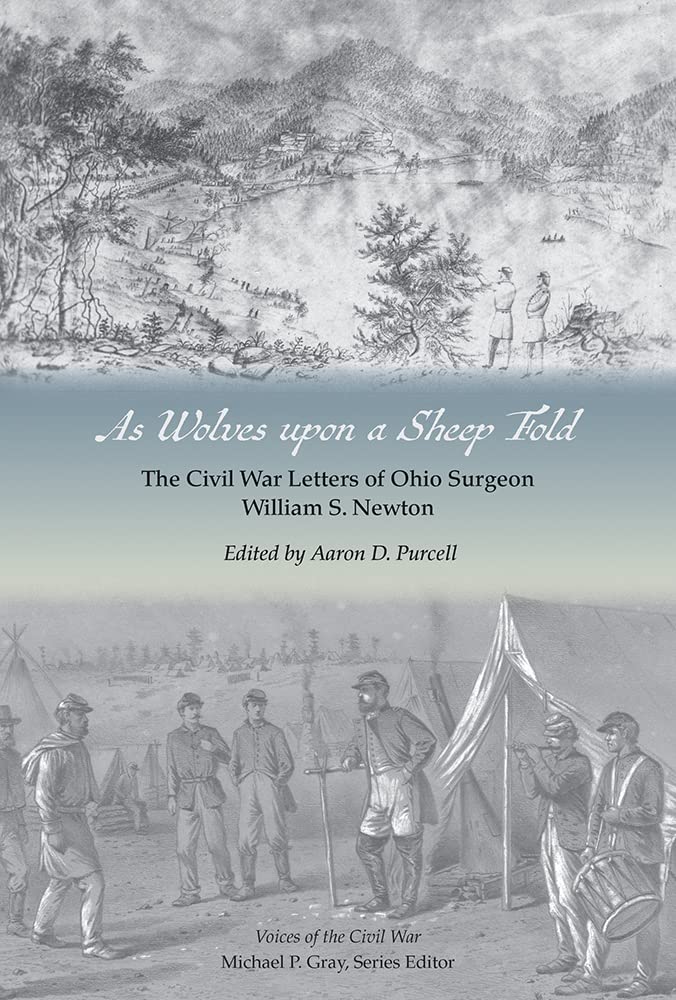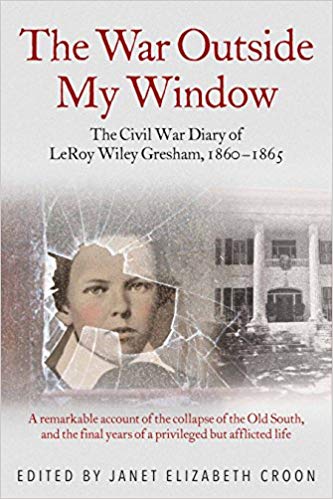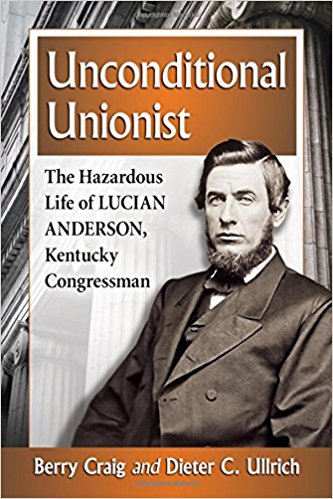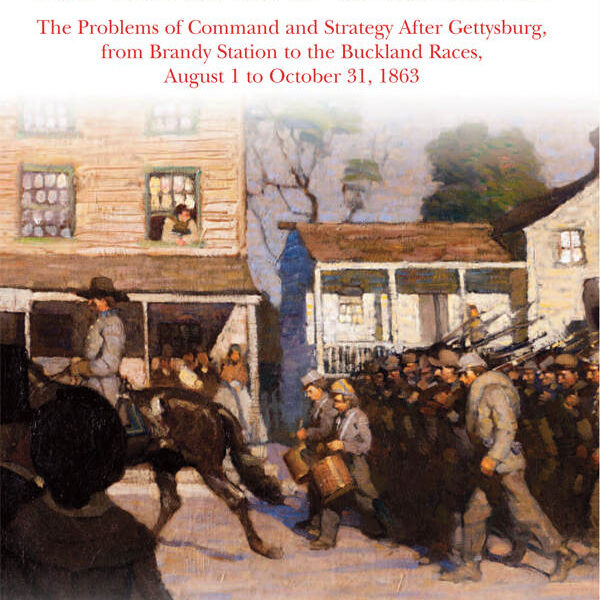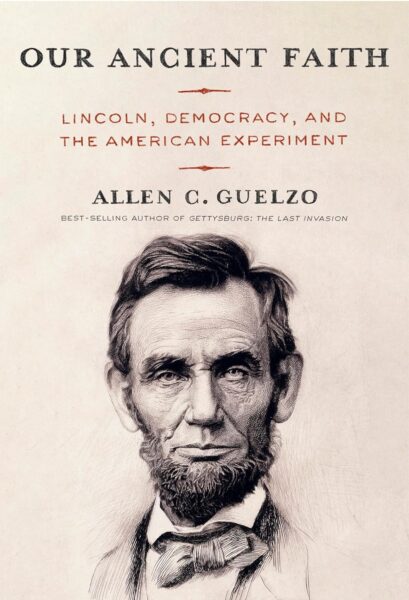Ohio doctor William S. Newton considered no bodily organ “so important as the eyes” (24). Newton’s wartime letters reveal a man who put his eyes to good use observing the Civil War’s people and events while keeping his family in focus during his uniformed service. Aaron Purcell’s edited volume, As Wolves Upon a Sheep Fold, follows Newton from 1862 to 1865, the years he spent in Union blue as a surgeon or assistant surgeon for three regiments operating in West Virginia. He survived capture by Confederate troops in May 1864 and the Shenandoah Valley Campaign, but his correspondence largely recounts days spent caring for the sick, thinking of his wife, and planning his postwar life. The letters in Purcell’s volume, nearly all from Newton to his wife, with a few other documents included, illuminate daily life through the sectional struggle.
Purcell’s volume resonates with the growing environmental and medical history of the Civil War. Between Newton’s time on the march and in the hospital, he comments on his own and others’ suffering from heatstroke, snow, long marches, lack of tents, typhoid fever, and lice, among other afflictions. Attentive to food, he delivers anecdotes about a jar of plums burst in a freeze, cooks who prepared apple pie or roast chicken in devastated areas, and officers’ messes that “brightened up” and “divided the spoils” sent by thoughtful wives (32, 41). Newton also comments on the countryside he traverses, noting when “Wood, & fence rails, are getting scarce” or proclaiming the Shenandoah Valley the best part of Virginia, because “the country is very level” (176). The letters contain many useful snapshots of the daily, physical conditions faced by soldiers, especially in campaigns around West Virginia.
Newton’s correspondence opens for readers the private life of Midwestern men who served in the Union armies. Discussions of several battles, a brief incarceration at Libby Prison, the election of 1864, and a visit from Ulysses Grant all appear in the narrative. Even combined, these topics merit much less comment than the surgeon’s attempts to get his sons to behave well, work hard, and improve their penmanship. Like many volunteers, William constantly missed his wife and tried to get leave or secure an assignment allowing him to spend time with Frances. One time, when he visited home and found no wife or sons to greet him, Newton sat in the backyard, “sick” at heart. He expressed support for the Buckeye State’s War Democrat governor, John Brough, but he displayed little enthusiasm for partisan political rituals and debates. Newton revealed no abolitionist sentiment in his many comments on the Black Americans who crossed his path—usually freedpeople heading north in search of a better life. Instead, he repeatedly weighed whether each one might make an effective servant for white Americans. While he labored effectively as a doctor and earned commendations from the men under his care, William’s letters mention his finances far more often than the causes of freedom or Union. As Wolves Upon a Sheep Fold delivers the story of a practical, ordinary citizen swept up in national drama.
Purcell’s volume brings the Civil War to life in a way reminiscent of novels such as Robert Penn Warren’s The Wilderness, highlighting not key battles but rather the chaos of juggling life behind the lines. Historians of the war can unearth worthwhile nuggets throughout the book, especially for medical, environmental, and social history. Any readers, though perhaps Ohioans most of all, will find Newton’s story an interesting lens on American life during the War of the Rebellion, aided by the appendix’s almost one hundred detailed entries on people the Union surgeon mentioned. As Wolves Upon a Sheep Fold turns Newton’s uniformed service into a useful, valuable narrative of a family man navigating the challenges and opportunities posed by the U.S. Civil War.
Stanley G. Schwartz is an Assistant Professor of History at Cedarville University.
